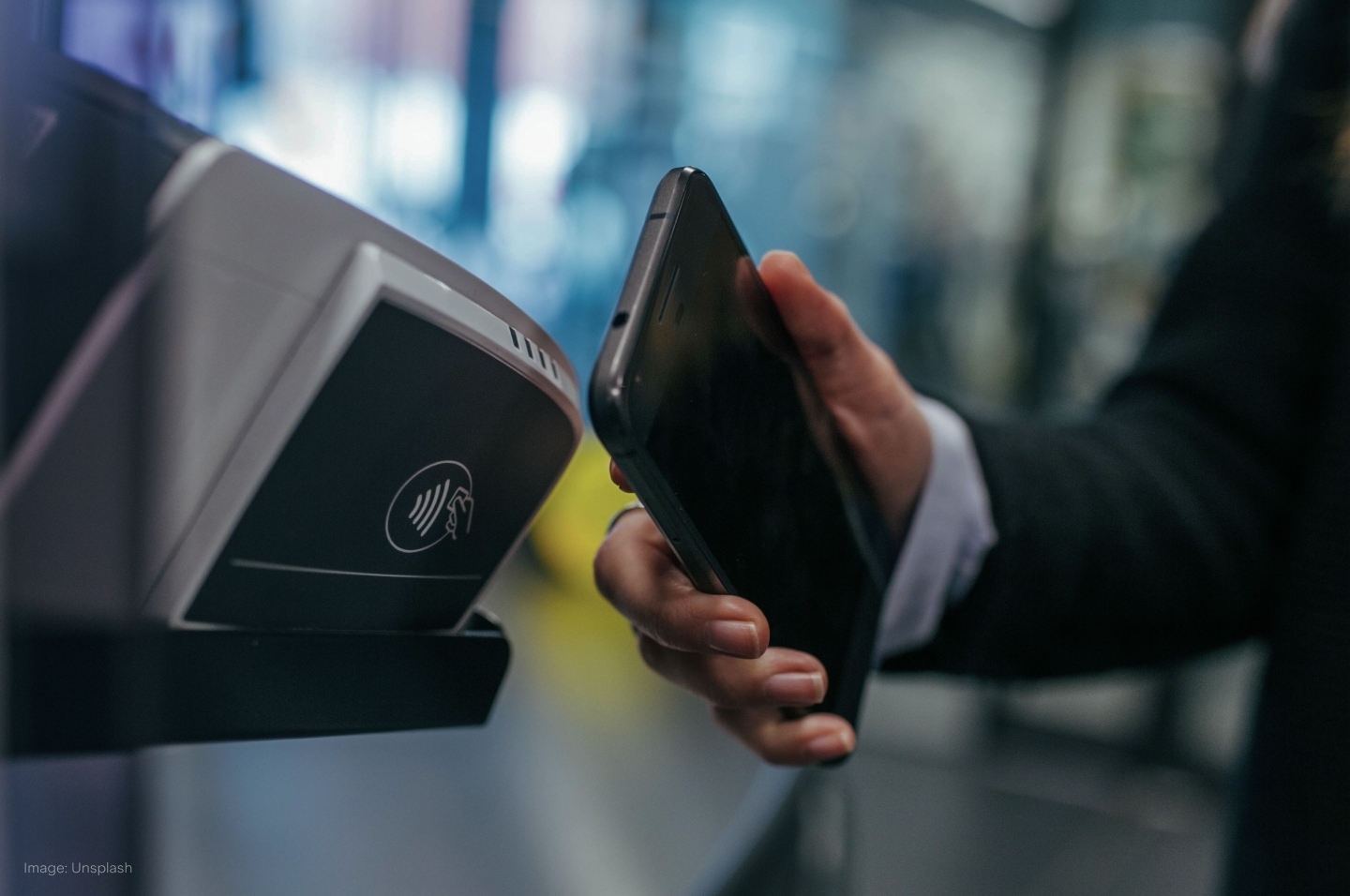.jpg&w=3840&q=100)
Under the Spotlight AUS: Life360 Inc (360)
Good relationships are considered central to a happy life, with modern technology making it easy to always stay in touch. Location tracking apps like Life360 can provide comfort to many families, but its practices have also raised some questions. Let’s put it Under the Spotlight.

Helping families prepare for emergencies was the original premise of Chris Hulls’ business plan. After seeing the turmoil that followed 2005’s Hurricane Katrina in the U.S. city of New Orleans, he thought that fledgling mobile technology could provide a way for people to stay connected.
Hulls was set to go to Harvard University, but decided to focus on his idea instead. His Life360 platform ($360) marked a shift away from dedicated GPS devices and showcased the vast potential of mobile phones that has ingrained them into our everyday lives.
The company launched in 2008 after Hulls entered the app into an Android Developer Challenge and won US$275,000 from Google ($GOOGL). Life360 also benefitted from the rise of the growing ecosystem around digital networks. At the time, Meta ($META) was building its social empire and LinkedIn ($MSFT) was gaining traction as the centrepoint for careers.
However, Life360 didn’t experience the rapid early growth of many tech businesses. The company shifted its main focus from crises to location sharing at a time when having a mobile or smart device that tracked all your moves was not commonplace. Some viewed the concept as intrusive and these attitudes took time to change. Furthermore, Life360’s main target market of parents was spread out beyond the usual early adopters found near its Silicon Valley headquarters.
As such, Life360 turned to partnerships to help extend knowledge about the product. Joining forces with security and automation provider ADT, as well as working with insurance firms like Allstate, played an important role in Life360 gaining traction in the U.S. The company’s 2019 investor presentation reported that monthly active users increased over 150% from 9 million to 23.1 million between H1 2017 and H1 2019, marking the app’s acceleration into the mainstream.

Monitoring behaviour
Life360’s main purpose is to keep track of and quickly alert its users of issues affecting anyone in their chosen circle. These circles are usually based around family members, with an emphasis on the safety of the young and elderly. Unlike many social media apps, the business is not concentrating on expanding this network, but rather offering various tiers of additional features.
The app operates with a freemium model, with the basics being available at no cost to users. In the U.S., Life360’s biggest range of services come with a platinum subscription that costs US$24.99 per month. This includes a bundle covering areas such as driving, ID theft, data protection and travel support. The company hopes to attract customers with an integration solution that’s cheaper than having separate accounts for multiple services.
Crash detection and roadside assistance have both been among the company’s longstanding services in the U.S. There, Life360 also allows users to provide data to insurers for personalised offers. In 2021, the company expanded into hardware with the acquisition of Jiobit, which creates wearable smart tags for children, seniors and pets. Bluetooth trackers for any items were also added to Life360’s portfolio when buying Tile for US$205m in the same year.

Establishing boundaries
All the information Life360 provides might give comfort to its customers, but data protection and privacy are major ongoing risks for the firm. There are concerns about customer data ending up in the wrong hands and it being misused in cybercrimes. The firm has stopped selling precise user data, but does sell an aggregated version. In addition, the nature of the app has also raised broader questions about bringing up children in the digital age.
Reducing screen time and letting teenagers gain their independence are seen as healthy steps towards adulthood. But tracking their every move outside the house has brought criticisms of helicopter parenting. Life360 might be aimed at the whole family, but its paying customers are ultimately parents.
Unsurprisingly, the app’s popularity has been lower among teenagers. They’ve made it the subject of many TikTok memes and started campaigns to leave one star reviews on app stores in the hope of getting it removed. Hulls has often responded directly when Life360 has been criticised and the firm will need to continue to carefully manage its brand image.
In 2020, Life360 introduced a bubble feature that shows a ring of up to nearly 40 kilometres around a person’s approximate location, rather than the specific place. It can still be toggled off if a user has safety concerns, while the bubble bursts in the case of car crashes. The company has found a middle ground for customers in this case, but it could again face significant pressures in the future from those users who feel like Life360 is too invasive.

Tracking gains
Life360 is currently working on a pathway to profitability, with management acknowledging the general shift in the tech industry from chasing rapid growth to greater emphasis on sustainable revenues. While the stock price has made gains in 2023, it is still below its all time highs of November 2021. The firm is trying to increase the number of paying customers and reduce commissions from purchases outside of the app.
There are plans to grow its reach outside the U.S., with membership tiers for various countries. For example, Australians can access a premium version of the app with individual driver reports, 30-day location history, unlimited alerts and priority customer support for A$57.99 per year. Adoption of the app in Australia, and other English-speaking nations such as England and Canada, has been relatively quick.
However, the business remains reliant on the U.S., which accounted for 31.7m of its 50.8m active monthly users in Q1 2023. These users have also absorbed price increases, with the average revenue per paying circle reaching US$140 during the same period. In contrast, the firm received only US$55 on average from international customers.
With Life360’s founders and main market being in the U.S, its decision to list on the ASX in May 2019 surprised some. A few early investors were from Australia and the exchange provided the opportunity to go public at a lower valuation, rather than add more complexity to its capital structure in further rounds of U.S. private funding. The falling share price put plans for a dual listing on hold in 2022, but the possibility could become viable again in the longer term.
As Life360 keeps track of its users, investors might closely follow its financials to see if the firm is maturing successfully or if its actions bring up new alerts.
This does not constitute financial advice nor a recommendation to invest in the securities listed. The information presented is intended to be of a factual nature only. Past performance is not a reliable indicator of future performance. As always, do your own research and consider seeking financial, legal and taxation advice before investing.

Megan is a markets analyst at Stake, with 7 years of experience in the world of investing and a Master’s degree in Business and Economics from The University of Sydney Business School. Megan has extensive knowledge of the UK markets, working as an analyst at ARCH Emerging Markets - a UK investment advisory platform focused on private equity. Previously she also worked as an analyst at Australian robo advisor Stockspot, where she researched ASX listed equities and helped construct the company's portfolios.

